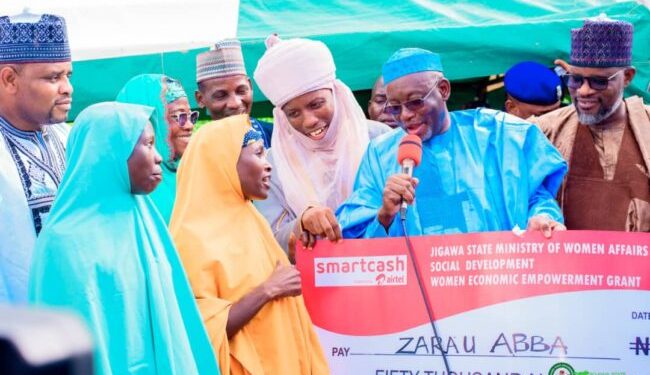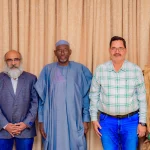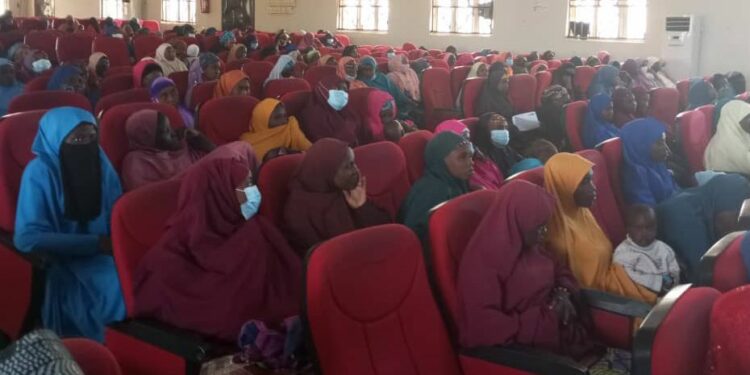Jigawa State Governor, Malam Umar Namadi, has announced the disbursement of N630 million to empower 12,600 rural women across the state. The initiative is part of the governor’s administration’s 12-point agenda, focused on fostering economic growth among women in the region.
During the distribution ceremony in Gwari village, Dutse Local Government Area, Governor Namadi emphasized the importance of this initiative in addressing economic disparities faced by women in Jigawa State. He noted that with women making up 51% of the state’s 7.5 million population, empowering them is essential for poverty reduction.
Each of the selected 12,600 women will receive a grant of N50,000 to either start or expand their business ventures. The governor urged the beneficiaries to utilize the funds effectively to improve their businesses and economic standing.
In addition to this grant, the Jigawa State government has increased its counter funds for women’s empowerment through a Memorandum of Understanding (MoU) with the World Bank, raising its contribution from N50 million to N500 million. Moreover, the state has allocated $4 billion to the Bank of Industry, creating special financial packages tailored to support women.
Governor Namadi highlighted the broader impacts of women’s empowerment, including the potential to reduce poverty, minimize domestic conflicts, promote peace within families, and enhance the moral upbringing of children, thereby contributing to the state’s overall development.
Hajiya Hadiza Abdulwahab, the state’s Commissioner for Women Affairs, explained that 200 women from Gwari Village and nearby communities were among the initial beneficiaries. She expressed gratitude on behalf of the women in Jigawa to Governor Namadi for his commitment to policies that support women’s self-reliance.
The empowerment program is designed to target priority needs within rural communities across the 27 local government areas of Jigawa State, ensuring that the most economically disadvantaged women receive the necessary support to improve their livelihoods.










